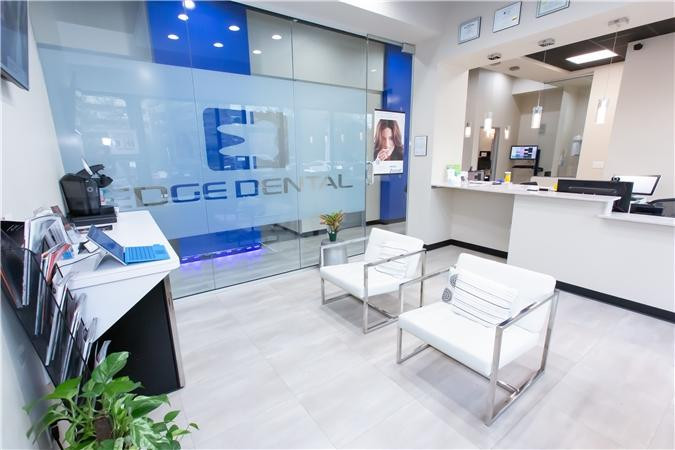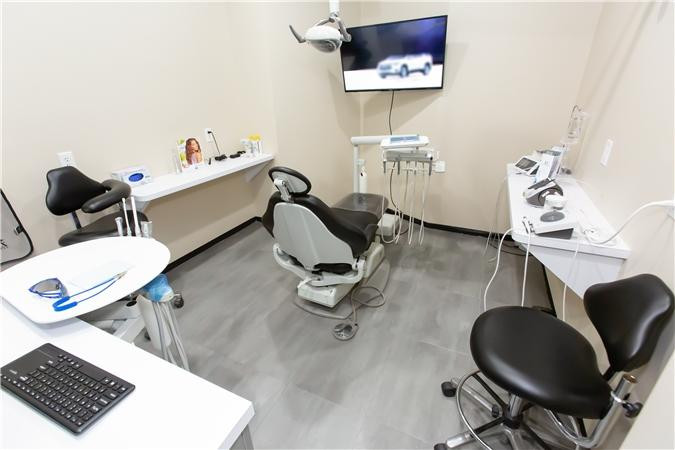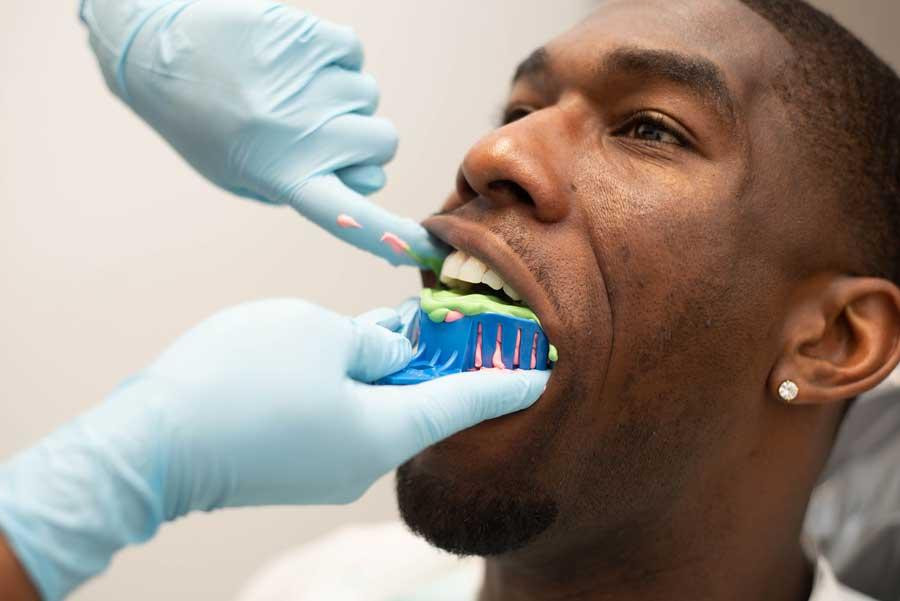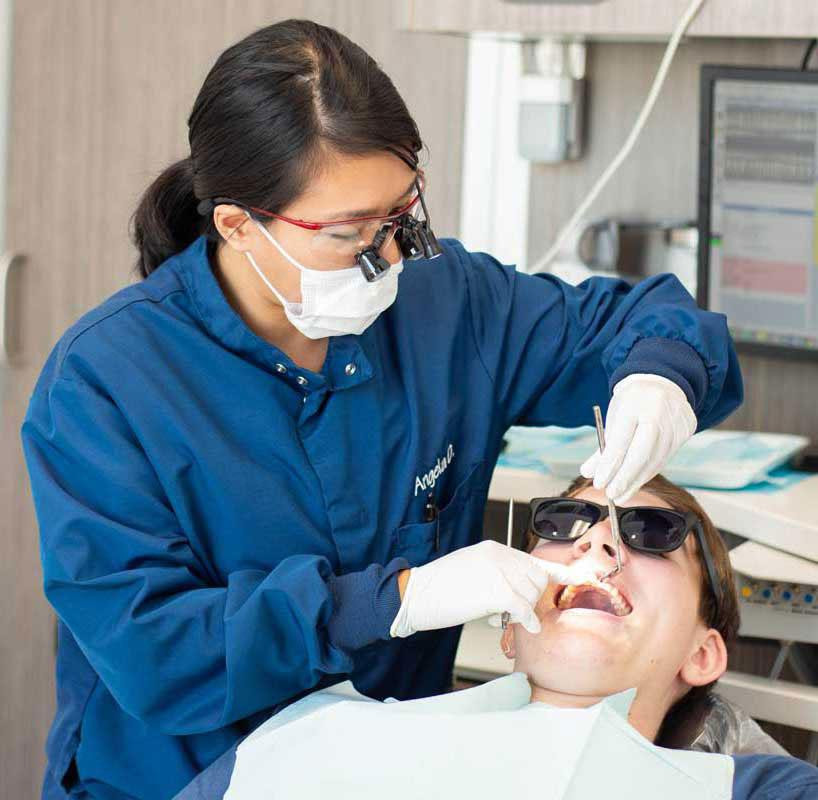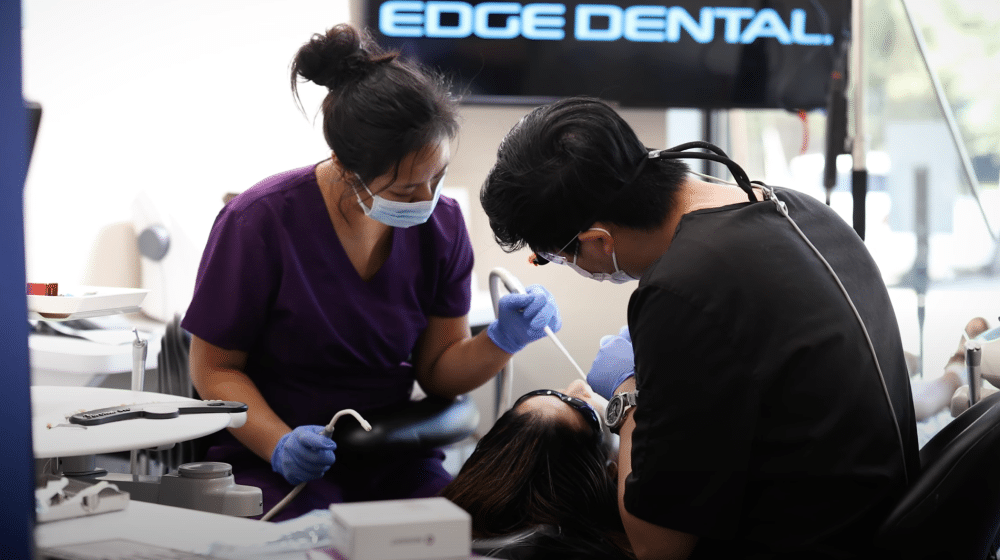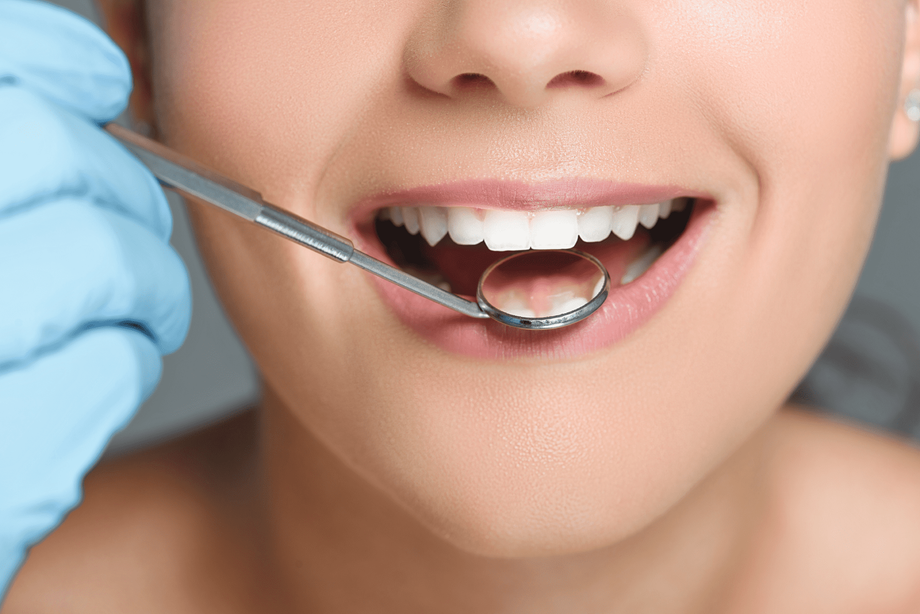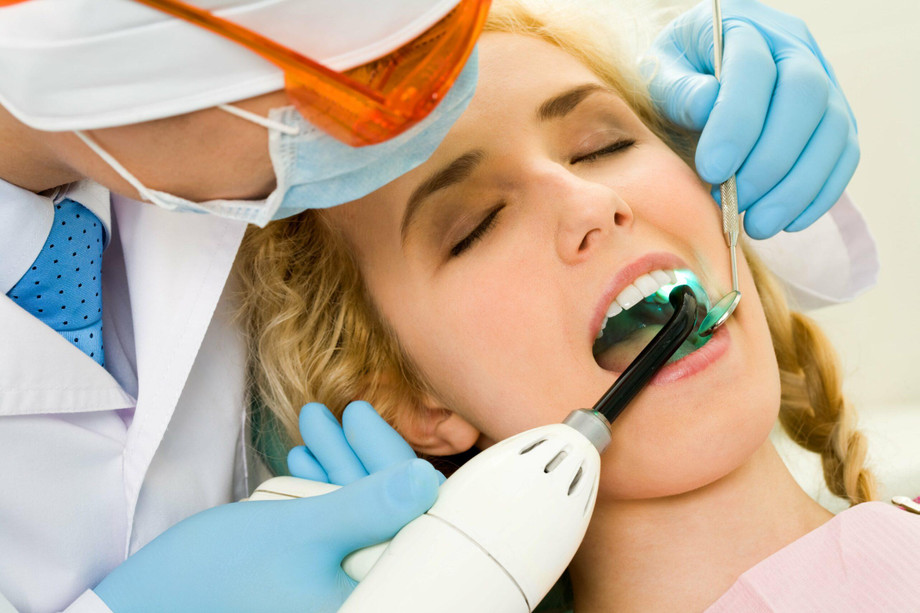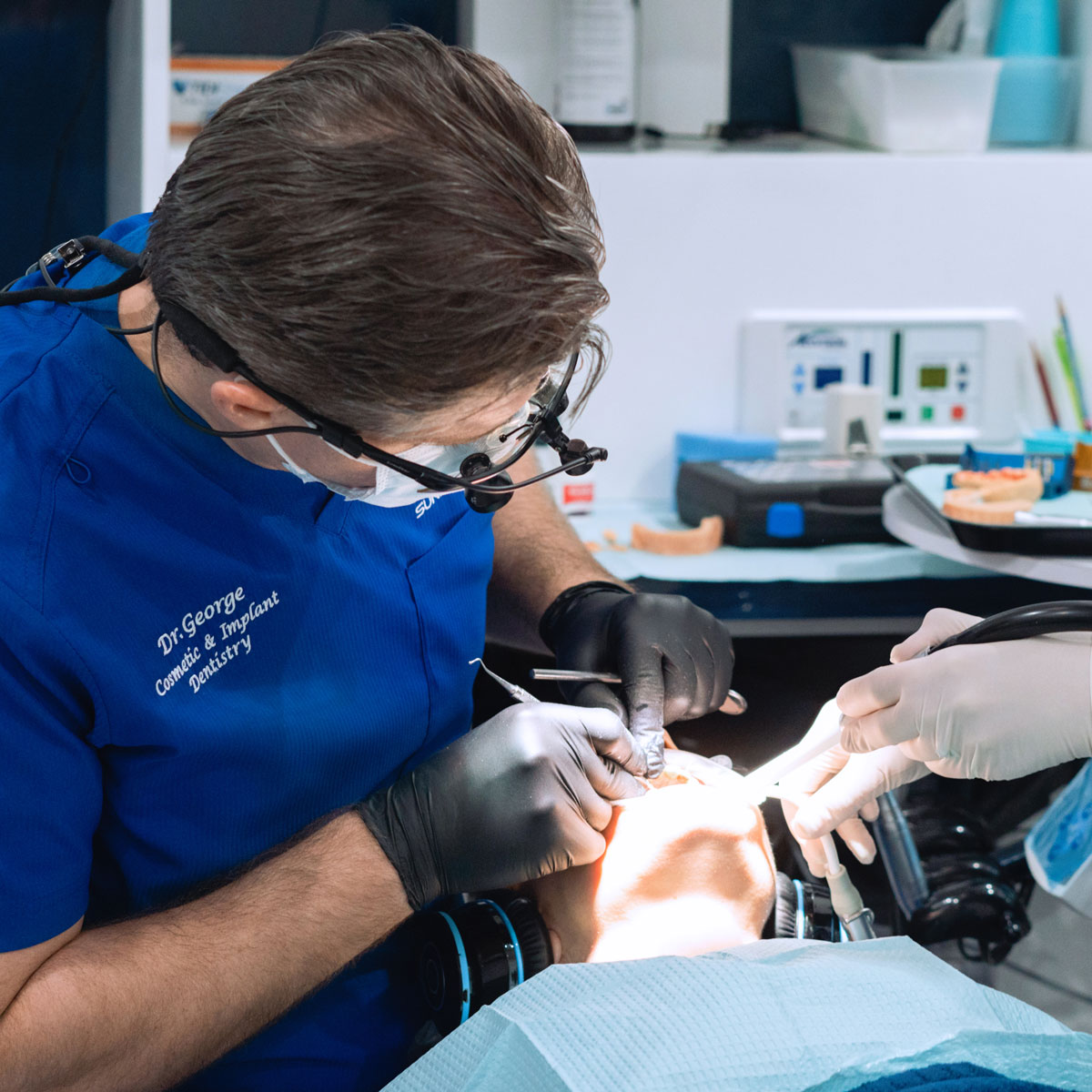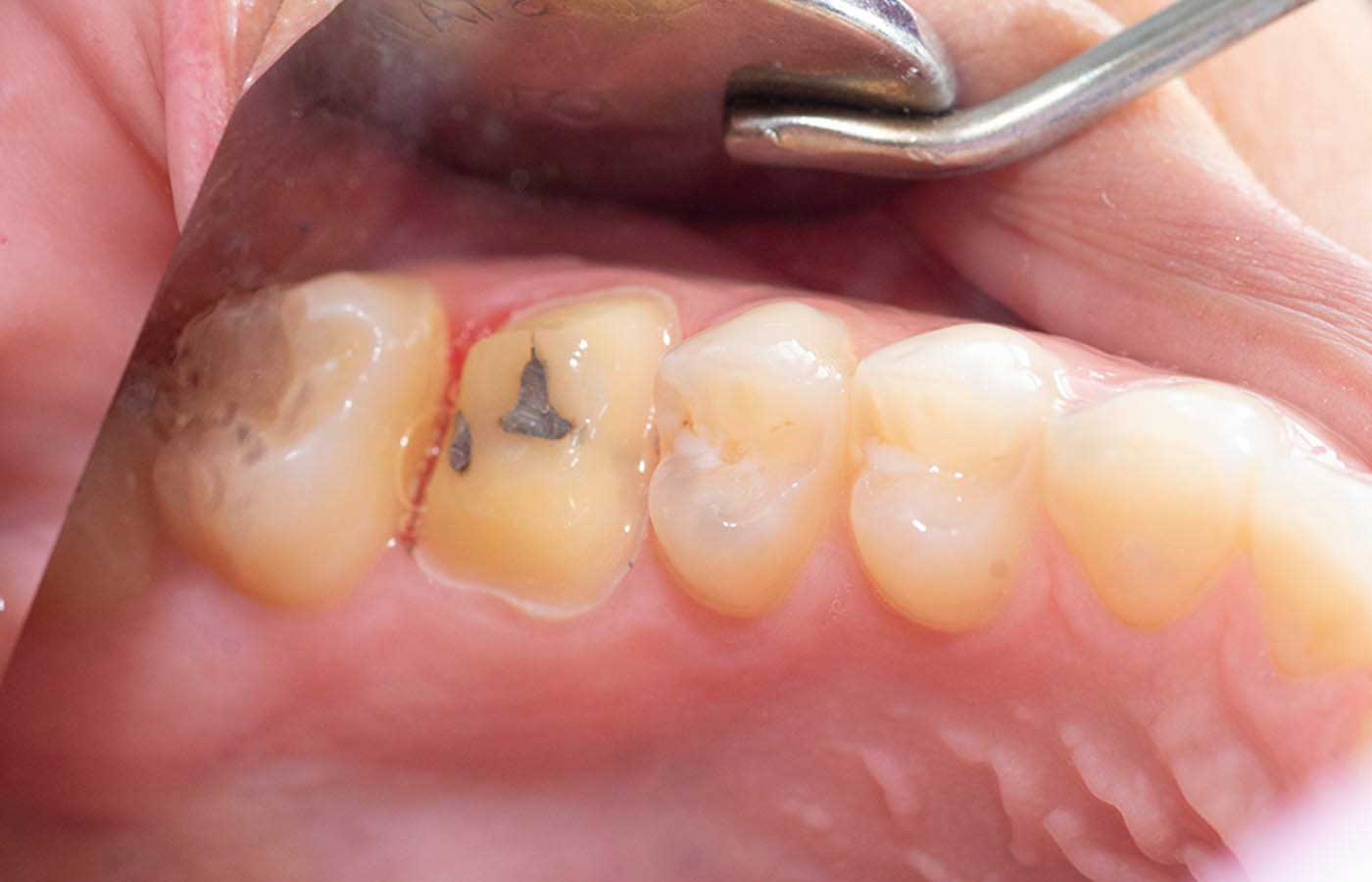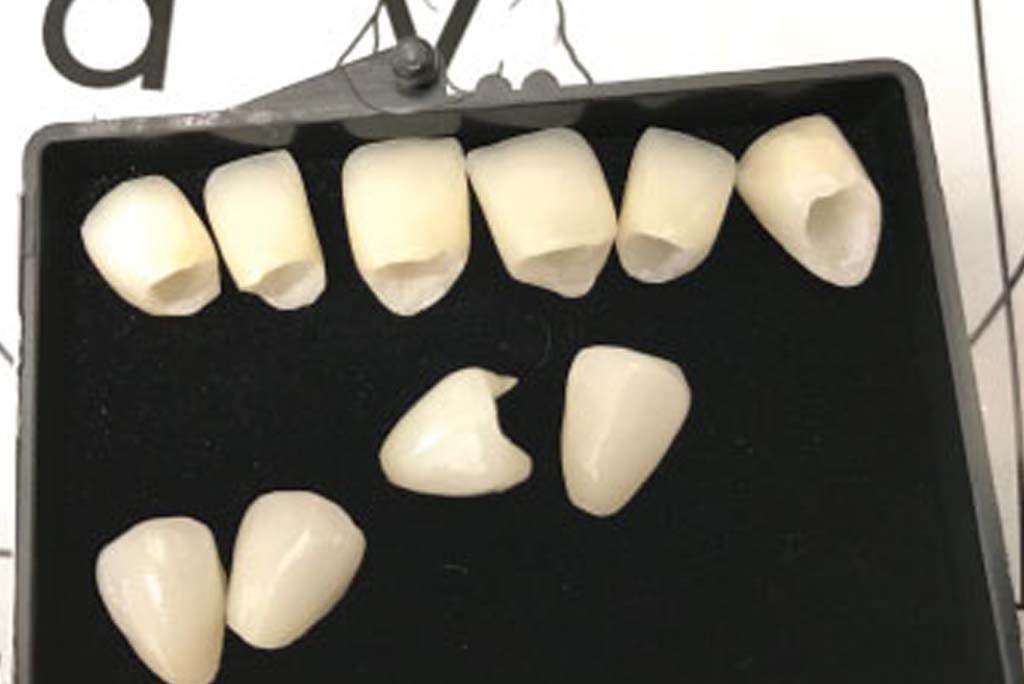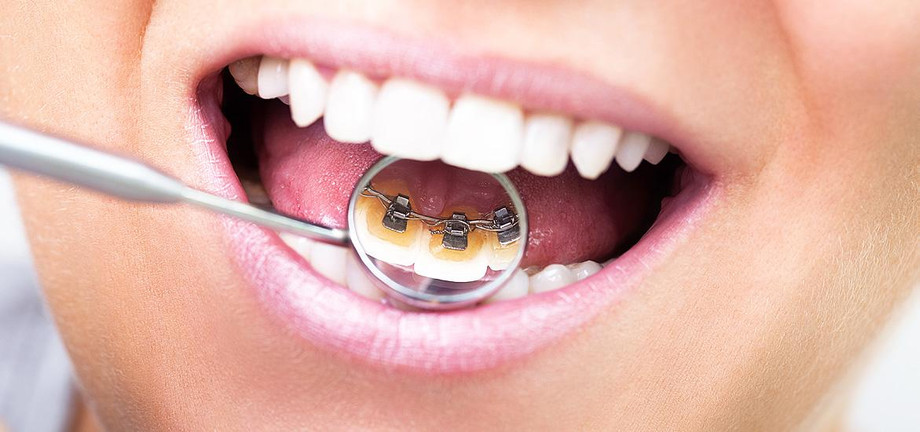Enhances Your Smile
If you are worried about your smile and jaw alignment, then cosmetic dentistry is for you. This broad concept encompasses various treatments, and your dentist will help you bring your smile back and talk freely.
Improves Your Oral Health
Not only cosmetic or aesthetically treatment but also cosmetic dentistry will help you improve your overall health—straight, uniform, and perfectly shaped teeth that are easy to brush and floss. There is no space left for plaque and tartar to form, which reduces the risk of a cavity, periodontal disease, and other such problems.
Boosts Your Self-Confidence
People feel uncomfortable while talking if they have crooked or ununiform teeth. You may constantly try to hide or suppress your smile and even stop yourself from laughing so that no one can see your teeth. Correcting the things you are worried about will help you to perish the fear and embarrassment. You will be able to smile or laugh freely.
Shows Long-Lasting Results
Cosmetic dentistry's results are instant and durable. However, they need regular visits from time to time. Some procedures will keep your smile looking beautiful and dedicated without the need for retreatment. If you want something that requires a little maintenance, you must visit a Cosmetic Dentistry Near Me for advice. Maybe you'll be a little surprised by how hassle-free many cosmetic procedures treatments are.
Gives You a Youthful and Younger Smile
Cosmetic treatments like whitening, dental crown, and veneer teeth will help you get a lighter, brighter, and healthy smile. You may come several years younger than before you walked into the dentistry.
Improves Your Bite
Getting Invisalign treatment will help you straighten your teeth, make sure your smile is more attractive, and correct any problems with your bite. A bad bite can cause the severe quality of life issues like recurring headaches, aches and stiffness in your jaw bone, and uneven tooth wear. Treating yours as soon as possible helps you avoid these negative consequences, keeping you comfortable and extending the lifespan of your teeth.
Treatment of your stained teeth
Although gleaming white teeth is highly recommendable, many people suffer an accumulation of layers of stains on the surface, leading to discoloration. Many cosmetic treatments can help to restore to their original position. Veneers and lumineers are especially helpful in disguising intrinsic stains that no toothpaste or whitening could remove. If your dentist advises you of this type of treatment, you could have a full mouth of gleaming in just one dental visit.
Improves the Shape of Your Teeth
Suppose you feel dissatisfied or happy with your smile because your shape of teeth is terrible and nonuniform. Long, slightly smooth, or rounded are generally more attractive compared to short and flattened. A cosmetic dentist will help your teeth look lengthened by paring back some of your gums and shaving away some of your teeth. If you feel underconfident and want a healthy smile, you should visit a Dentist In Houston.
Article Source : https://www.articleaffiliate.com/what-are-the-8-advantages-of-cosmetic-dentistry/
